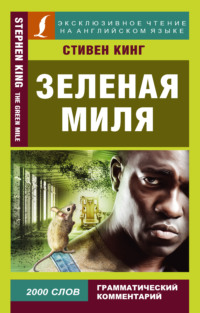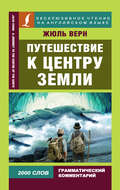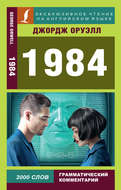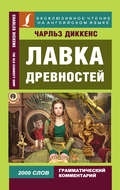Kitabı oku: «Зеленая миля / The Green Mile», sayfa 4
Bir şeyler ters gitti, lütfen daha sonra tekrar deneyin
₺251,06
Türler ve etiketler
Yaş sınırı:
16+Litres'teki yayın tarihi:
26 temmuz 2018Yazıldığı tarih:
2018Hacim:
550 s. 1 illüstrasyonISBN:
978-5-17-105890-6Telif hakkı:
Издательство АСТSeriye dahil "Эксклюзивное чтение на английском языке"








